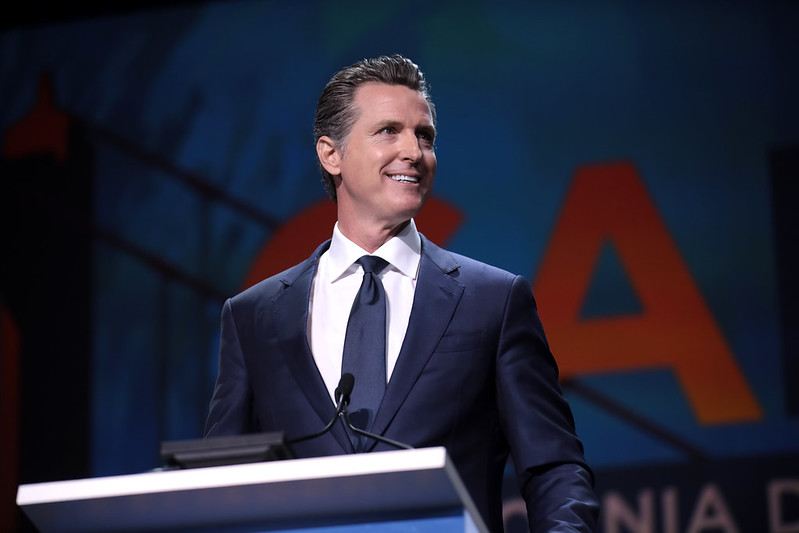 POLICY
POLICY
 POLICY
POLICY
 POLICY
POLICY
California Governor Gavin Newsom today signed the California Age-Appropriate Design Code Act, a law designed to protect younger people as they navigate the minefield of social media and other online services.
The bill, named AB 2273, had unsurprisingly met with some resistance from certain factions of the tech industry, but in August this year, it was unanimously approved by the State Legislature. This was hardly unexpected, given how much airtime stories about the dangers and pitfalls that kids face online have received over the last few years.
The concern not long ago intensified when Meta Platforms Inc. said it was working on a version of Instagram for kids. Matters were made worse for Meta when leaks showed that the company knew about the negative impact that social media can have on young people.
The new law could change how children in the state interact with social media, something that may irk young users while placating their parents’ concerns. The law asks companies to design the apps with the “best interests” of kids in mind, being told not to apply the Band-Aids when things go wrong but to take a more proactive approach.
There are already child protection laws in place in the state, but they focus mainly on children under the age of 13. The new law will apply to kids under 18. It will ask any company whose product might be used by children to design more thorough safeguards that ensure a child’s age will be proved before they use the product. Meta may already have taken a step in the right direction when it recently reported it had developed new artificial intelligence technology to detect and assess a person’s age.
The law will also ask companies to make their products so children can use such services without data surreptitiously being collected from them. Kids using these products may also find they don’t have certain sharing features and cannot receive messages from total strangers. In short, they might be blocked from using various features on a service.
“We’re taking aggressive action in California to protect the health and wellbeing of our kids,” Governor Newsom (pictured) said in a press release. “As a father of four, I’m familiar with the real issues our children are experiencing online, and I’m thankful to Assembly members Wicks and Cunningham and the tech industry for pushing these protections and putting the wellbeing of our kids first.”
Cunningham said California is now “leading the nation” when it comes to child protection online, although he added that much more work needs to be done in addressing the fact that certain applications can cause children mental distress.
“We still have more work to do to address the youth mental health crisis,” he said. “In particular, we know that certain Big Tech social media companies design their products to addict kids, and a significant number of those kids suffer serious harm as a result… such as depression, suicidal thoughts, anxiety, eating disorders. Protecting kids online is not only common sense, it will save lives.”
The law will go into effect in July 2024. That should give companies ample time to design accordingly.
Support our mission to keep content open and free by engaging with theCUBE community. Join theCUBE’s Alumni Trust Network, where technology leaders connect, share intelligence and create opportunities.
Founded by tech visionaries John Furrier and Dave Vellante, SiliconANGLE Media has built a dynamic ecosystem of industry-leading digital media brands that reach 15+ million elite tech professionals. Our new proprietary theCUBE AI Video Cloud is breaking ground in audience interaction, leveraging theCUBEai.com neural network to help technology companies make data-driven decisions and stay at the forefront of industry conversations.